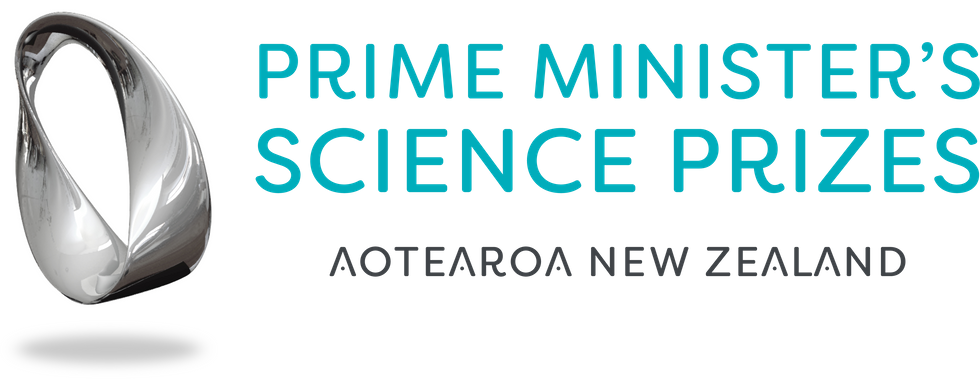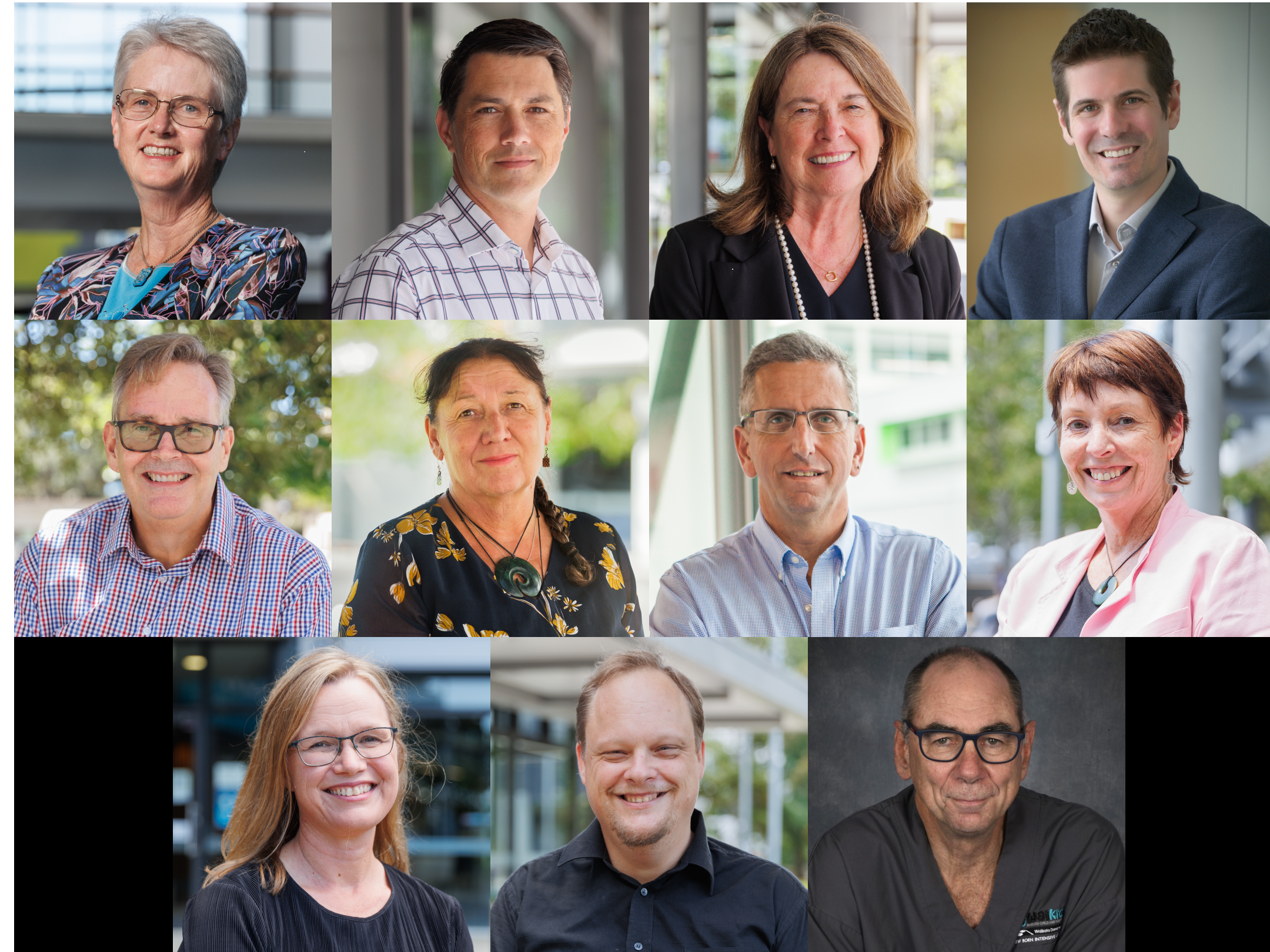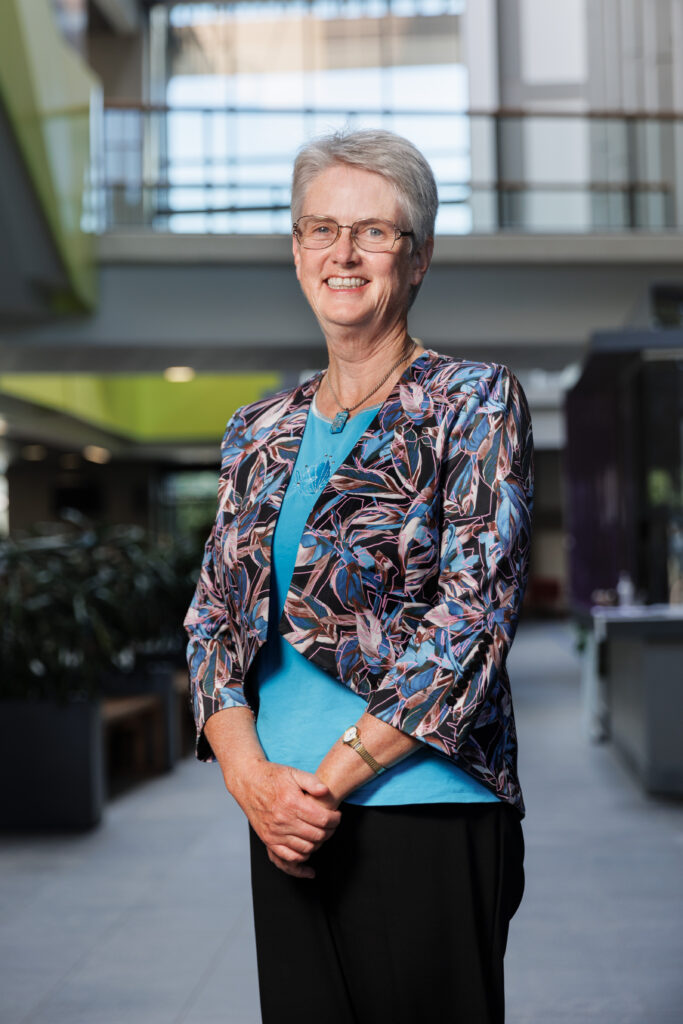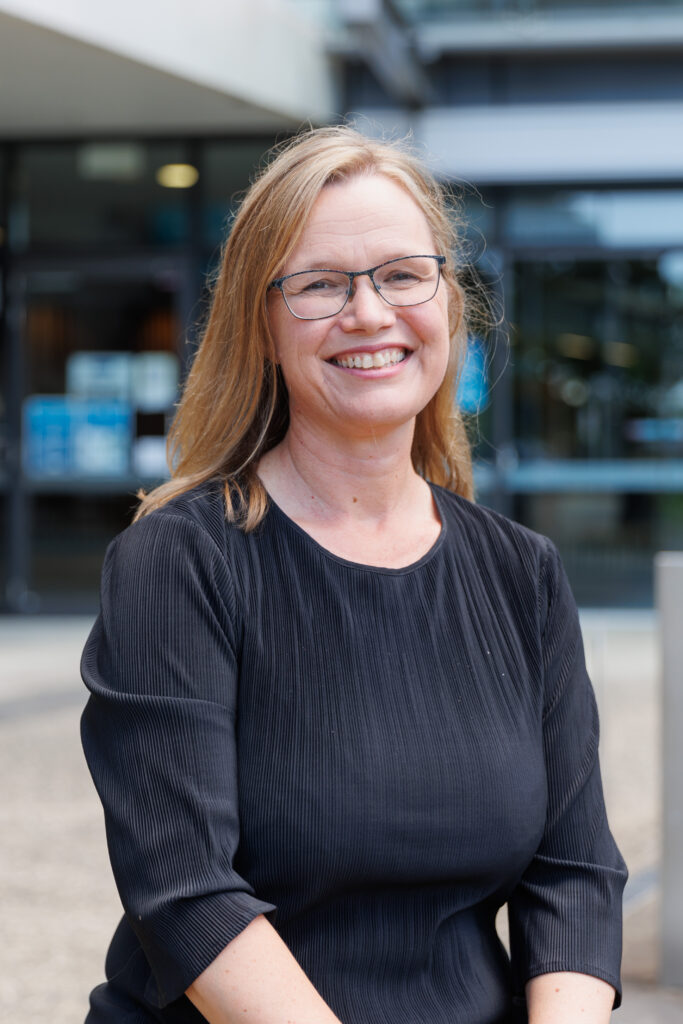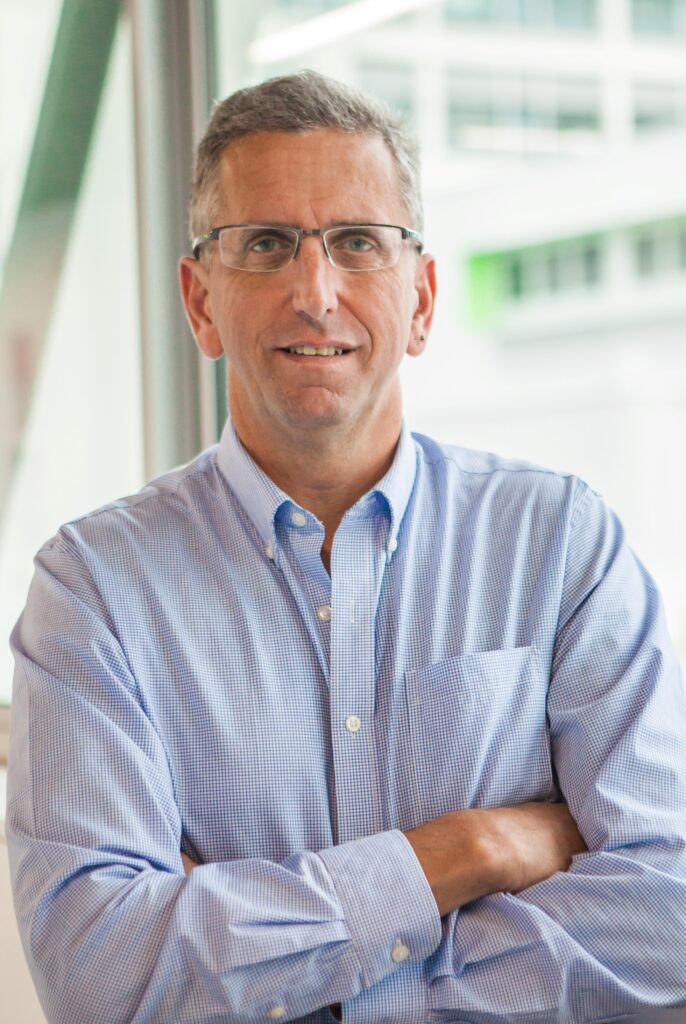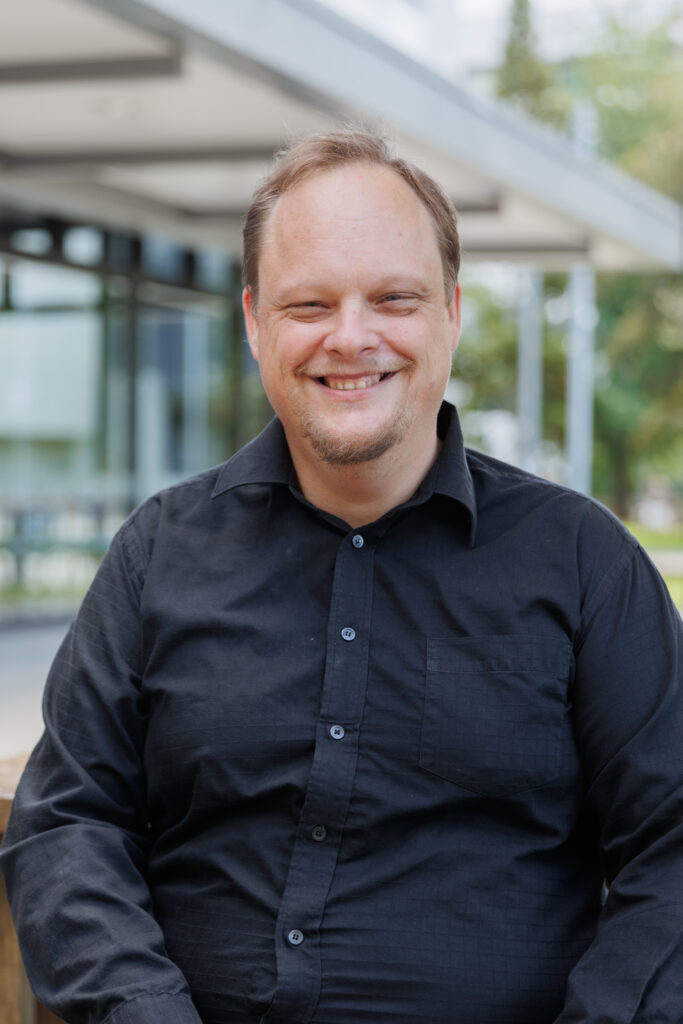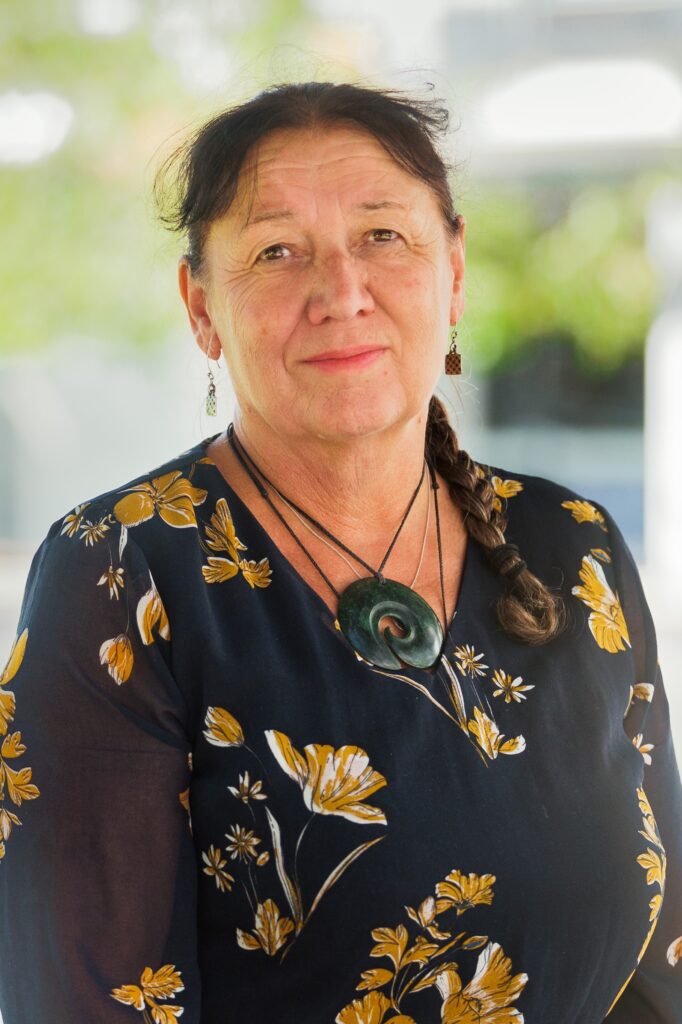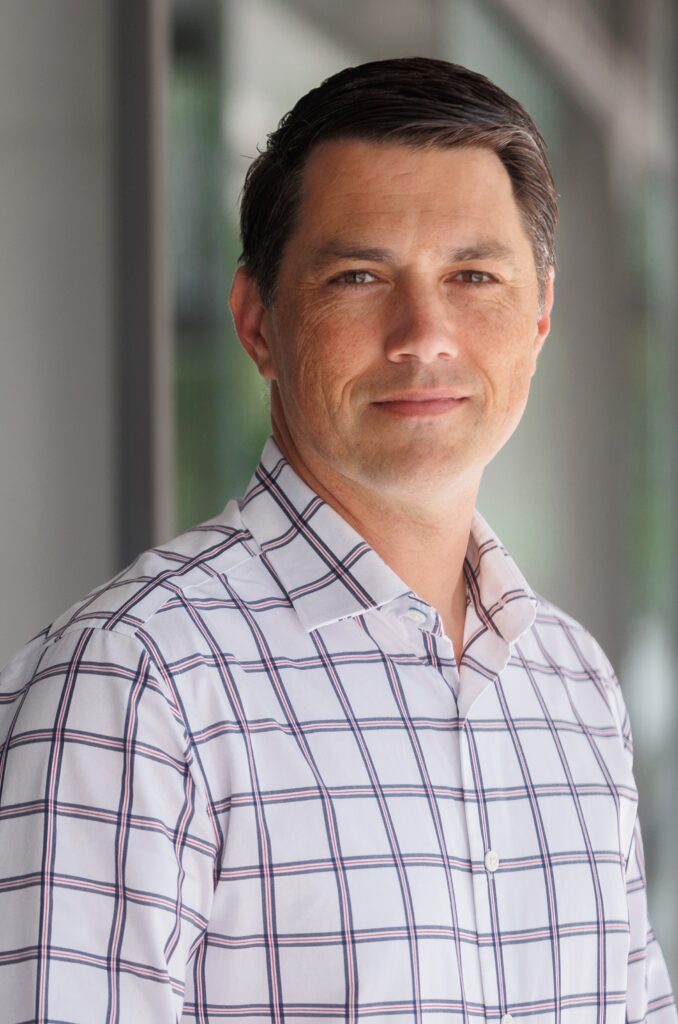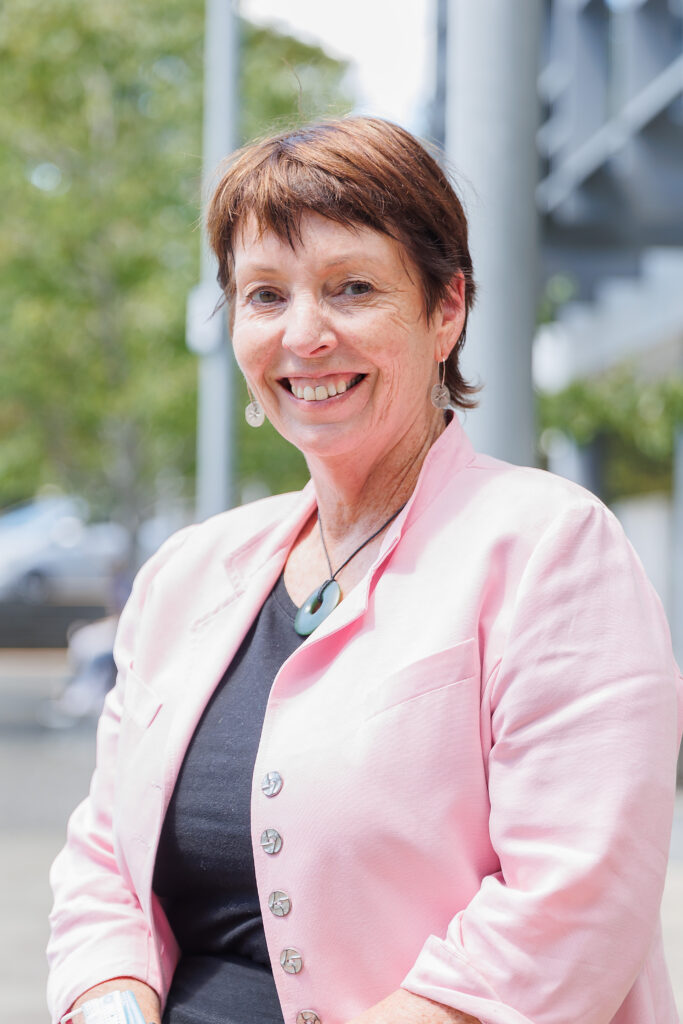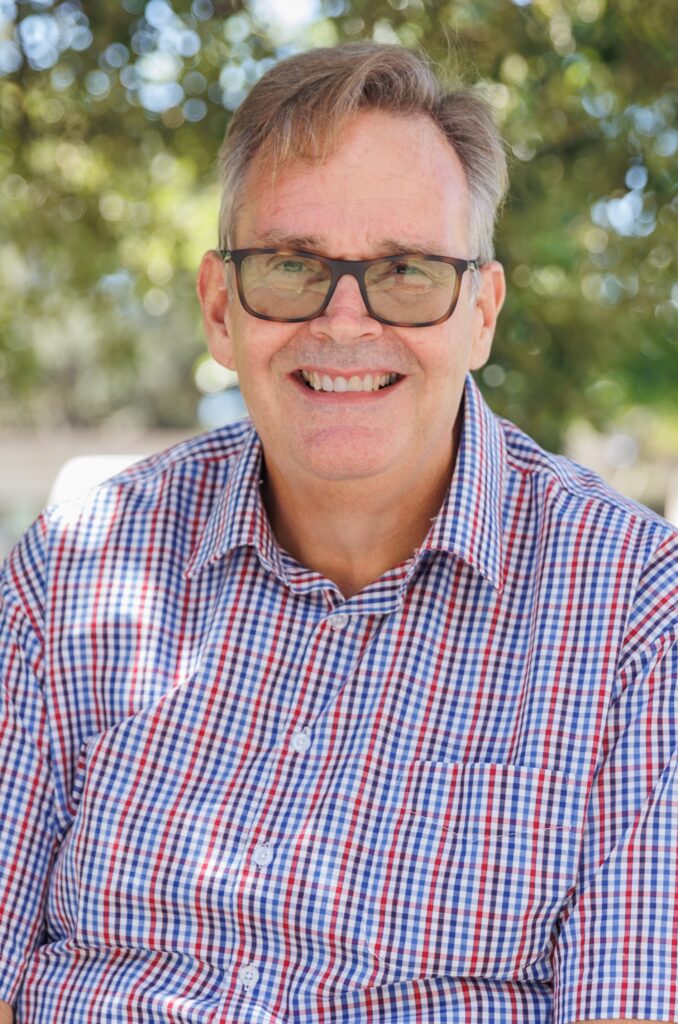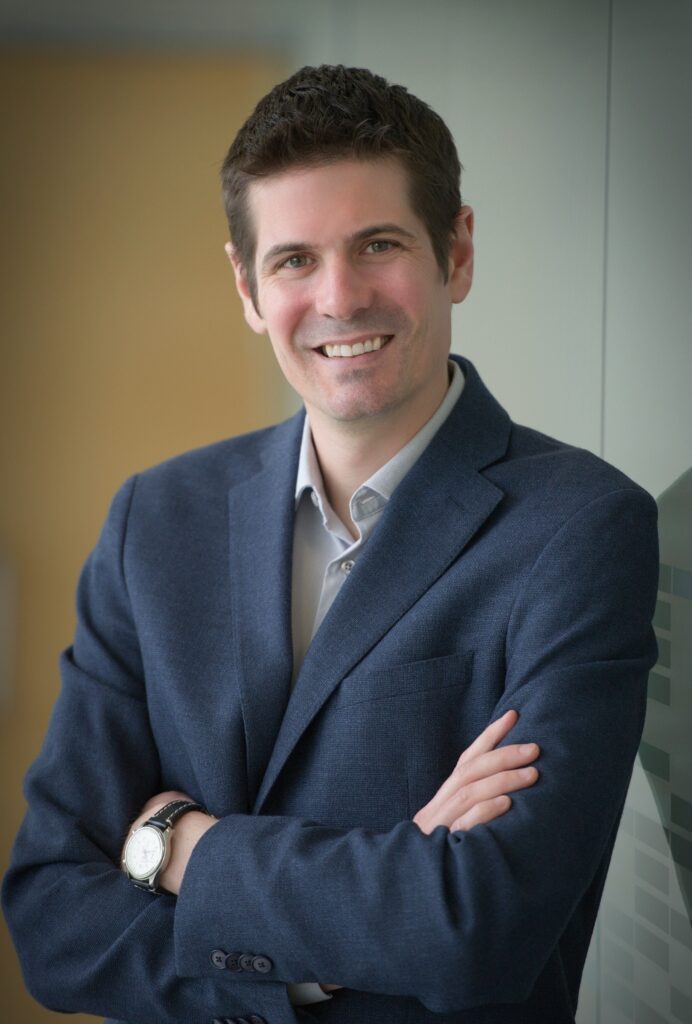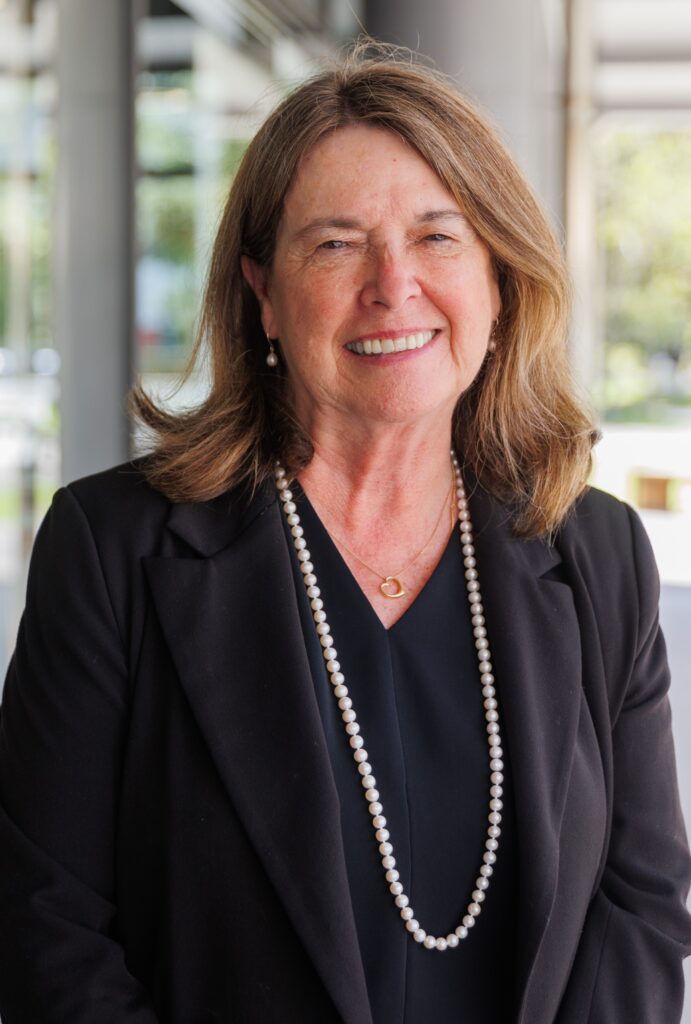2021 TE PUIAKI PŪTAIAO MATUA A TE PIRIMIA SCIENCE PRIZE
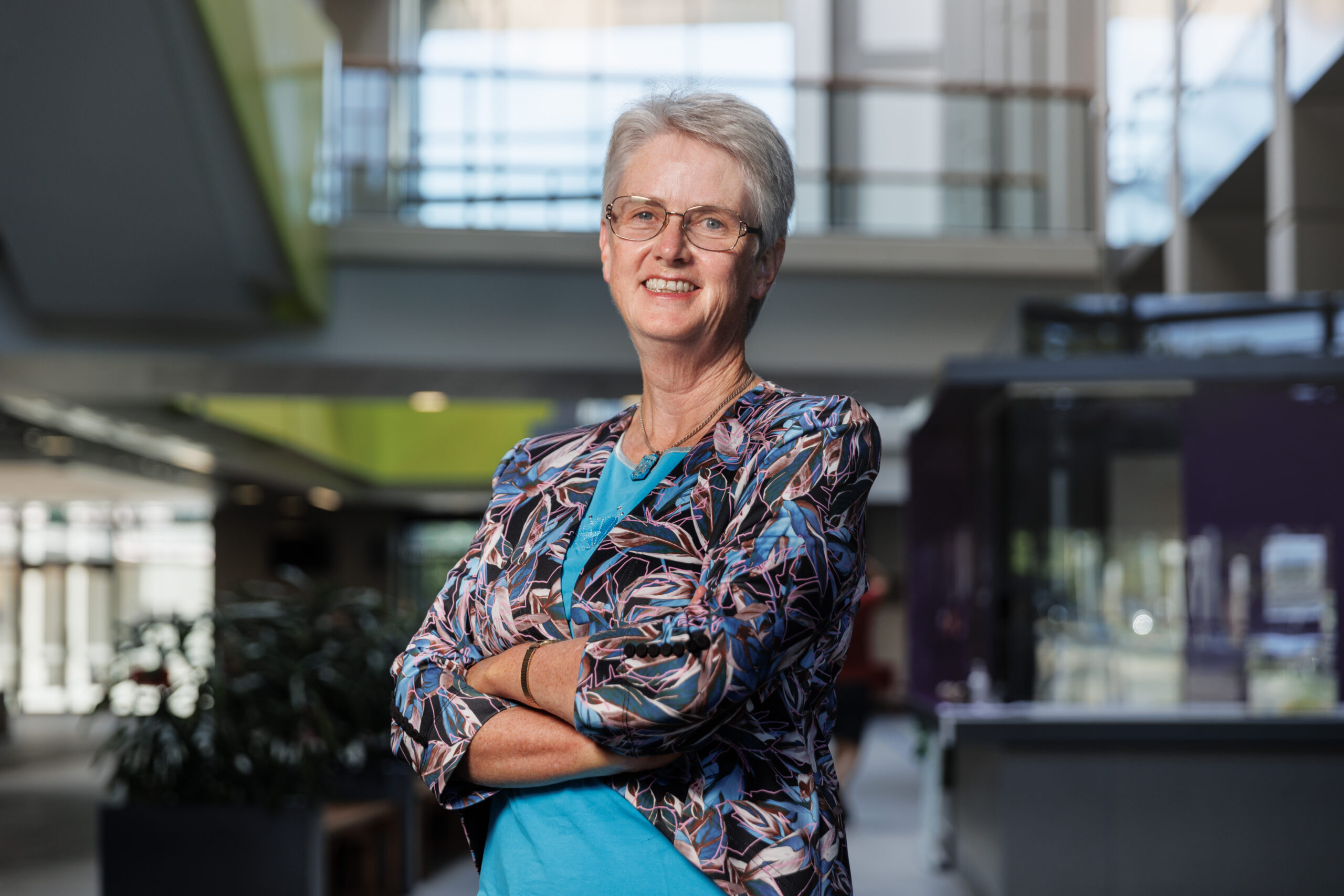
The winner of the 2021 Te Puiaki Pūtaiao Matua a te Pirimia Prime Minister’s Science Prize is the Neonatal Glucose Studies Team led by Distinguished Professor Dame Jane Harding FRSNZ from the Liggins Institute at the University of Auckland.
Neonatal hypoglycaemia (low blood sugar) is the single most preventable cause of brain damage in newborn babies. Approximately 30% of all New Zealand newborns, or 12,000 babies a year, are born at risk of neonatal hypoglycaemia. Of these, half will develop hypoglycaemia, and 10% will be admitted to newborn intensive care units (NICU), thus separating mother and baby, inhibiting breastfeeding, and adding substantial cost, both financial and emotional.
The Neonatal Glucose Studies Team has developed new ways to diagnose, treat and prevent neonatal hypoglycaemia. One of these methods – dextrose (sugar) gel rubbed inside a baby’s cheek – reduces ICU admission, improves breastfeeding, and saves money; this is now recommended internationally as first-line treatment for hypoglycaemia.
The team has shown that neonatal hypoglycaemia can have potential devastating consequences, ranging from severe brain injury to impaired executive and visual motor function, but also that it may be possible to prevent this brain injury. 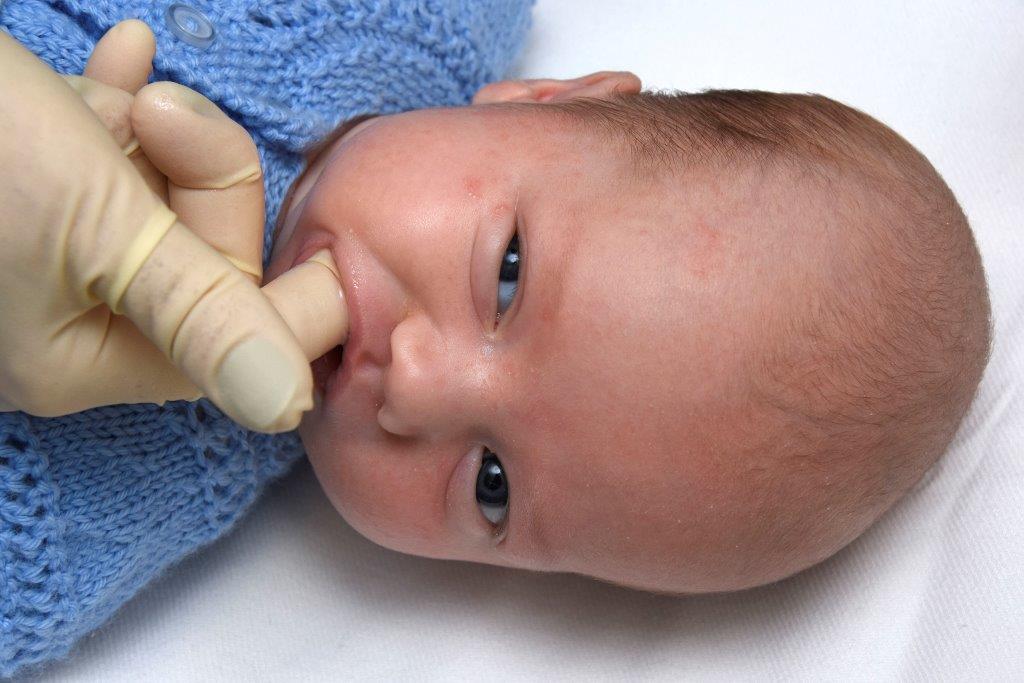
The Neonatal Glucose Studies Team has developed new methods to diagnose hypoglycaemia, including Gluco-Light, a new non-invasive glucose monitoring device that is being tested to reduce painful and distressing repeated heel-prick tests.
Neonatal glycaemia affects parts of the brain relating to vision, so the team had to innovate a method for testing babies’ eyesight. This method has since been patented and developed into an office-based assessment used around the world, including in testing people’s vision for the Paralympics.
The global impact of the Neonatal Glucose Studies team’s research highlights the importance of bringing scientists from different disciplines together to tackle complex problems. The team involved neonatologists, a neo-natal nurse practitioner, vision scientist, developmental psychologist, health economist, bioengineer and statistician.
Overall, their research into neonatal hypoglycaemia has changed practice around the world, saving millions of healthcare dollars and leading to the development of, and investment in, new, patented commercial products. Most importantly, their research has improved the lives of mothers and babies around the world by reducing admission to NICU, and reducing tragic brain damage in newborn babies.
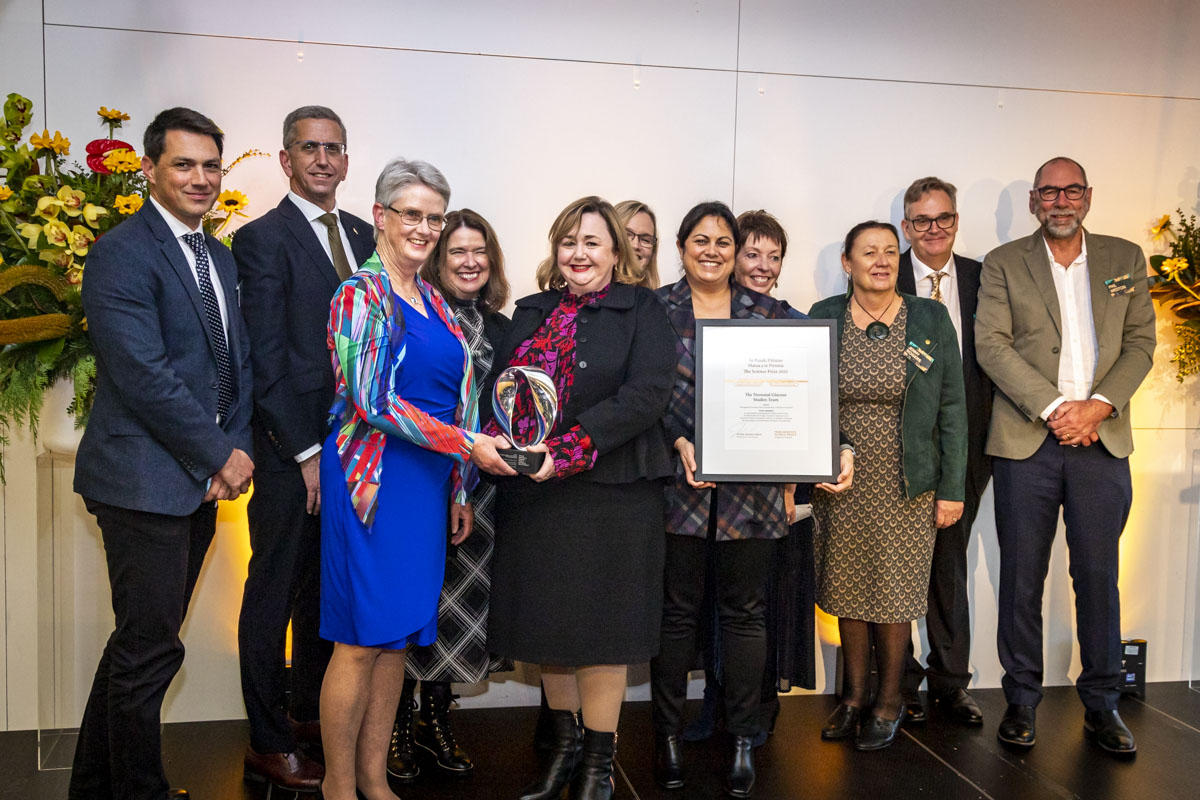
Read more on the Neonatal Glucose Studies Team’s mahi in the PMSP 2021 winner Neonatal Glucose Studies Team media release-.
The Neonatal Glucose Studies Team Members:
Distinguished Professor Dame Jane Harding DNZM FRSNZ FRACP, University of Auckland
Team Leader, Professor of Neonatology
Dr Jane Alsweiler, University of Auckland
Neonatologist
Distinguished Professor Geoff Chase, University of Canterbury
Bioengineer
Dr Richard Edlin, University of Auckland
Health Economist
Professor Greg Gamble, University of Auckland
Statistician
Dr Deborah Harris, Te Herenga Waka — Victoria University of Wellington
Neonatal Nurse Practitioner
Associate Professor Chris McKinlay, University of Auckland
Neonatologist
Jenny Rogers, University of Auckland
Follow Up Team Leader, Kaiarahi
Professor Benjamin Thompson, University of Waterloo, Canada
Vision Scientist
Professor Trecia Wouldes, University of Auckland
Developmental Psychologist
Dr Phil Weston, Waikato District Health Board
Neonatologist
